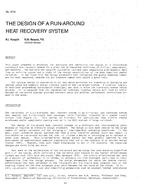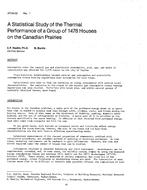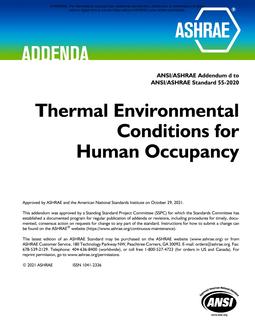Quantifies the potential for reducing energy use and peak electric demand through the use of indirect evaporative cooling (IEC) systems in commercial buildings with high outside air loads. An IEC system that included an effectiveness and pressure drop model of an IEC heat exchanger placed in the outside airstream was simulated. This model was applied to restaurant, retail store, and school prototypes in three Texas climatic-zones using a utility rate schedule to determine annual energy cost savings. The results were aggregated to determine potentials for annual energy and energy cost savings, peak demand reduction, and air-conditioning system capacity reduction. Annual energy cost savings ranged from 3,300 dollars for the restaurant in Houston to 22,700 dollars for the store in El Paso. In El Paso, simple payback periods for the IEC equipment ranged from 0.3 years for the restaurant to 6.1 years for the school.
KEYWORDS: year 1996, costs, economics, indirect cooling, evaporative cooling, commercial, buildings, schools, restaurants, shops, payback periods, energy conservation, energy consumption, USA, heat exchangers, prototypes, air conditioning
Citation: ASHRAE Trans. 1996, vol.102, part 1, paper number 3976, 434-447, 3 figs., 9 tabs., refs.
Product Details
- Published:
- 1996
- File Size:
- 1 file , 1.3 MB
- Product Code(s):
- D-16552


